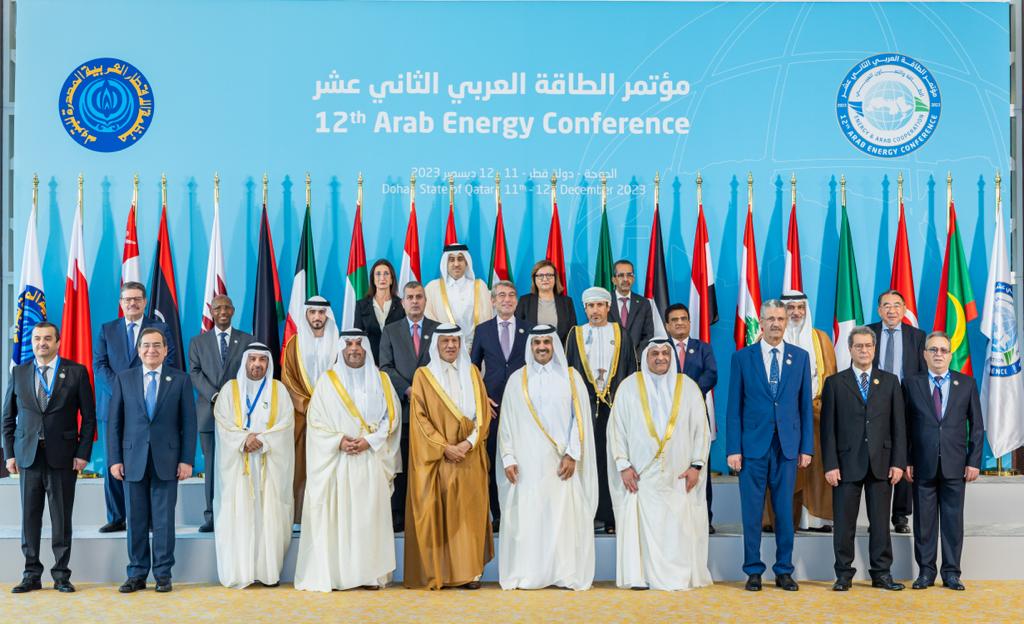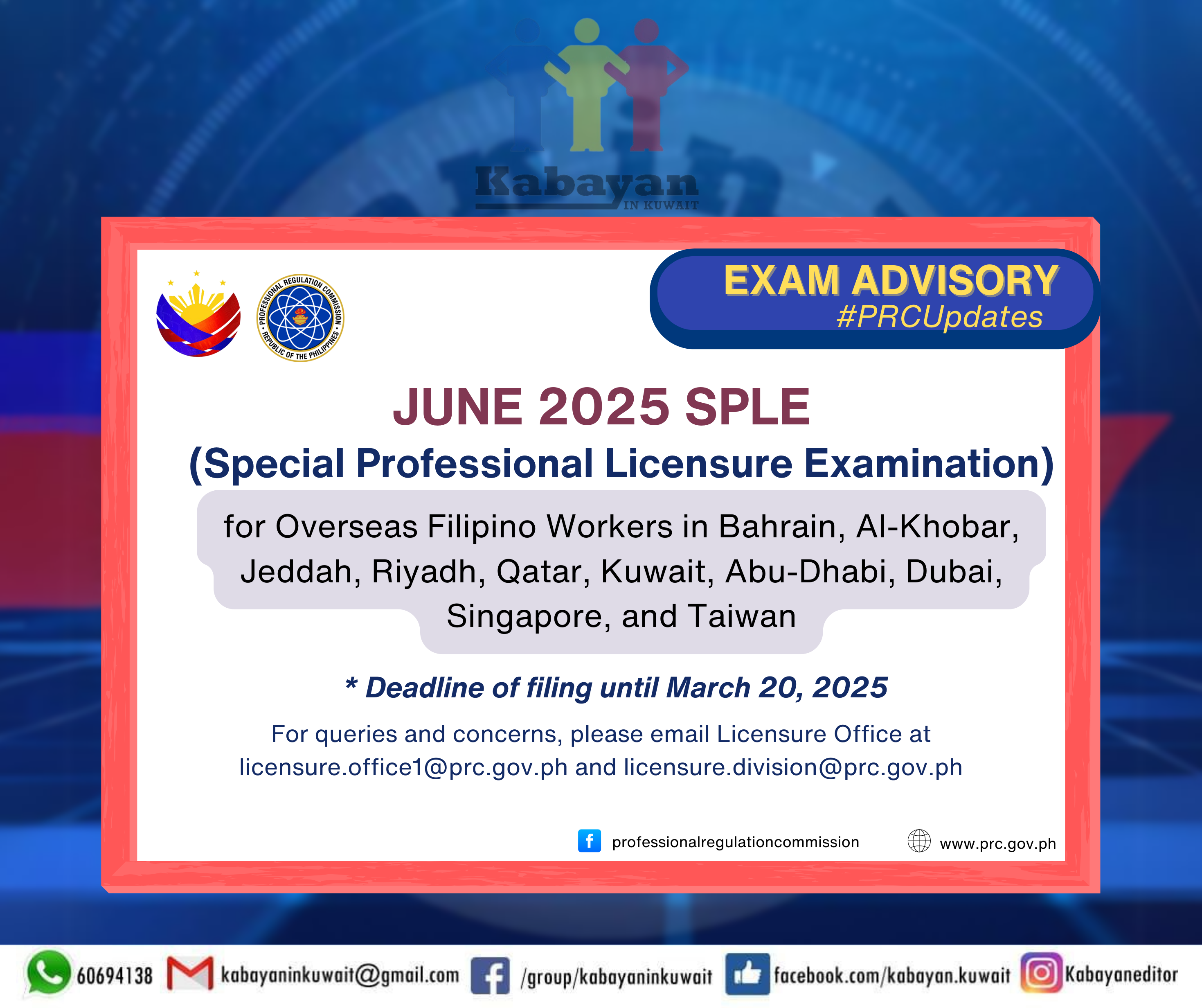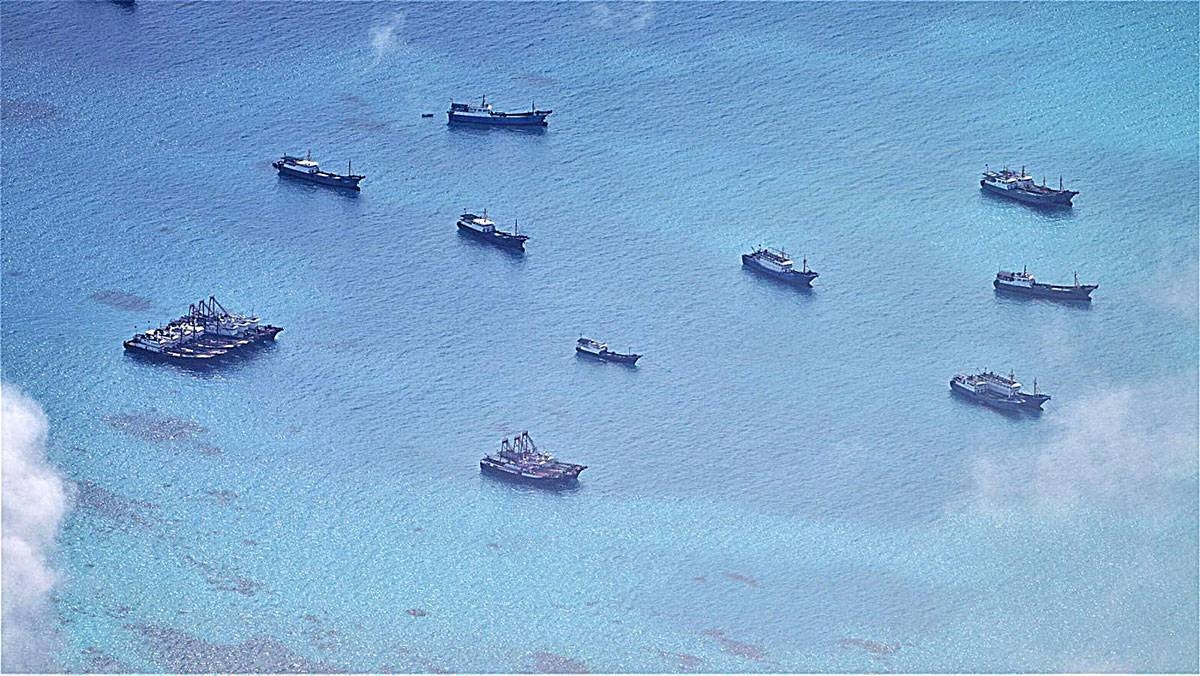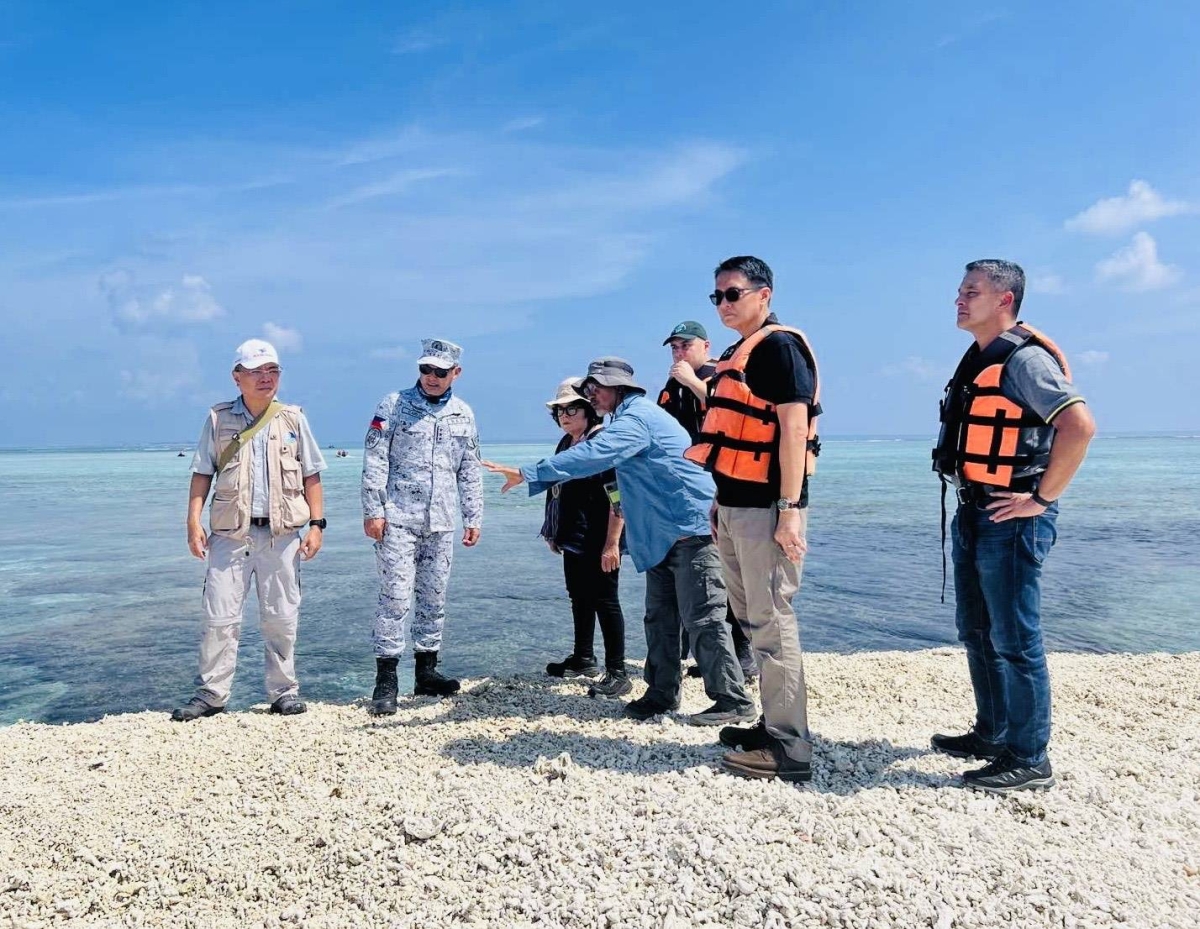The 12th Arab Energy Conference, organized by the Organization of Arab Petroleum Exporting Countries (OAPEC) in Doha over the past two days, concluded with significant recommendations for sustainable energy development. The conference brought together energy ministers from OAPEC member states to discuss strategies for leveraging clean energy and reducing carbon dioxide (CO2) emissions in order to achieve carbon neutral emissions by 2050.
The ministers emphasized the importance of integrating efforts to develop the energy sector, protect the environment, and achieve sustainable development into the developmental policies of OAPEC members. This includes ensuring a balanced use of natural resources, diversifying the economy’s resources, and prioritizing environmental protection.
One of the key recommendations from the conference was the need to deepen the concept of sustainable development in the oil industry through the adoption of the latest technologies related to energy efficiency and clean fuels. While renewable energies are being promoted, fossil fuels will continue to be the main source of energy for decades to come.
The ministers also called for increased investment in the oil and gas industry to avoid potential instability in the energy market. They emphasized the importance of nuclear energy as a reliable source of energy and urged member states to prioritize its role in their national strategies.
Recognizing the importance of oil refineries, the conference highlighted the need to upgrade and increase their efficacies as an initial step towards the production of environment-friendly oil by-products. Additionally, the production of hydrogen was emphasized as a means to build more competitive economies, and cooperation among petrochemical companies of the OAPEC member states was encouraged.
Efforts to ensure rationalization of energy consumption and diversification of energy sources without affecting economic development policies were also emphasized. The conference underscored the role of strategic partnerships between the government and private sector companies as a catalyst for economic development based on carbon cycling.
The integration of the latest technologies and applications of the fourth industrial revolution, including artificial intelligence, was deemed essential to increase the operating capacity of the oil and gas sector. This highlights the importance of embracing innovation to drive sustainable energy development.
The conference was attended by Kuwait’s Deputy Prime Minister, Minister of Oil, and Minister of State for Economic and Investment Affairs, Dr. Saad Al-Barrak. The event was chaired by Qatari Minister of State for Energy Affairs, and Managing Director and CEO of Qatar Energy Eng. Saad bin Sherida Al Kaabi, with OPEC’s Secretary-General Haitham Al-Ghais also in attendance.
Looking ahead, the Kingdom of Saudi Arabia is scheduled to host the 13th OPEC conference in 2027. This demonstrates the ongoing commitment of OAPEC member states to collaboration and progress in the energy sector.
Overall, the recommendations from the 12th Arab Energy Conference provide a roadmap for sustainable energy development, emphasizing the need for clean energy adoption, technological advancements, and strategic partnerships. By leveraging these recommendations, OAPEC member states can work towards achieving their goals of reducing CO2 emissions and ensuring a sustainable energy future.







